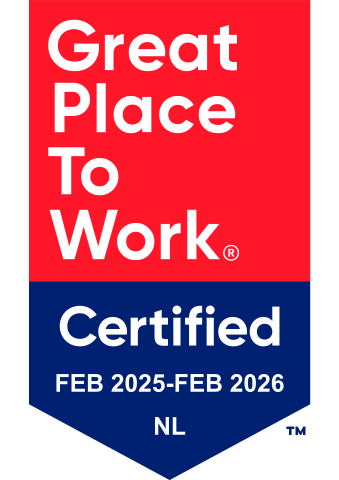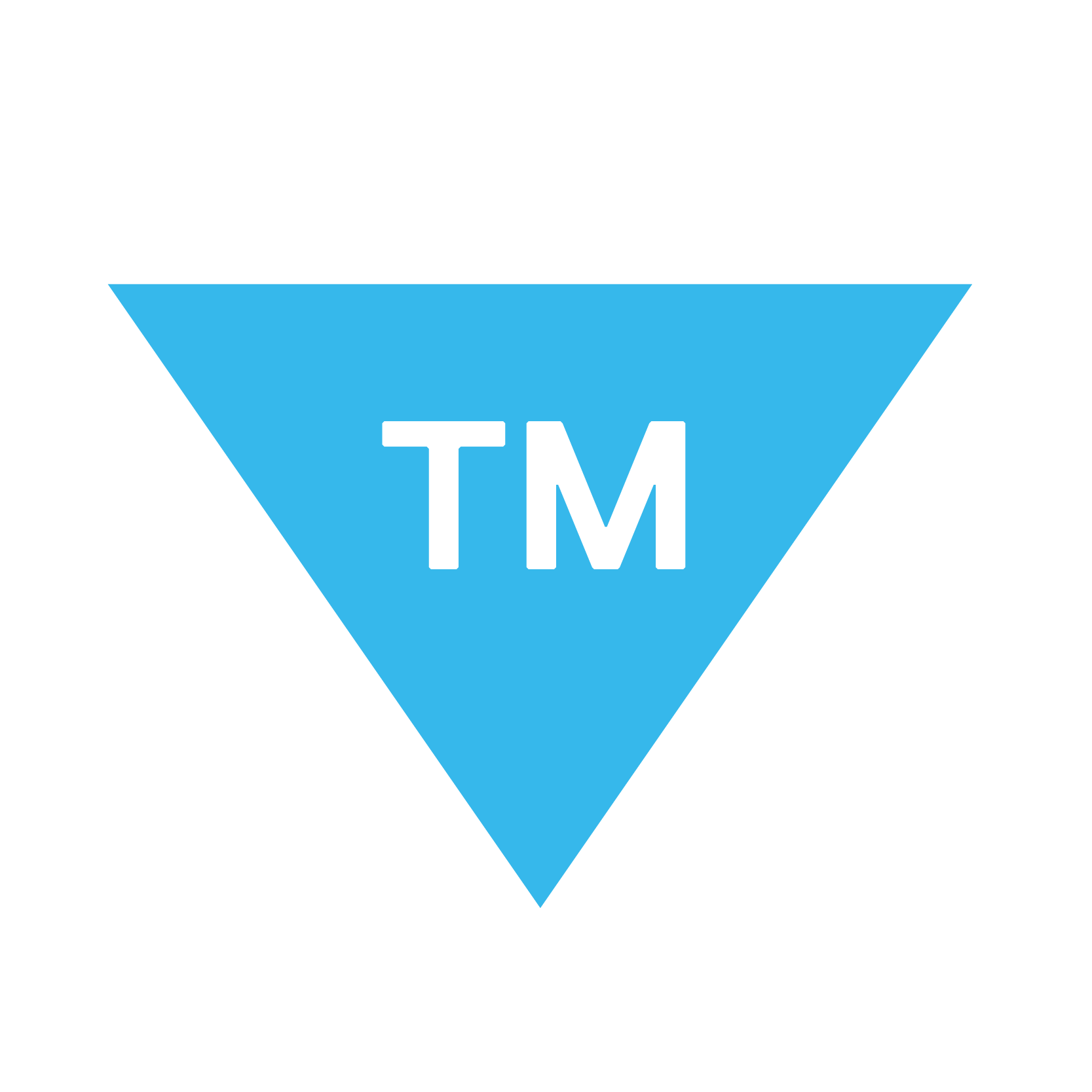Focus on development with the 70-20-10 Method
‘We believe precisely in chasing ambitions, in hard work, in critical thinking and in creative solutions. We never want to stand still and we believe in the power of development.’ At the top of Flux Partners’ homepage, it is immediately clear how important personal growth is within the company. But how does Flux put this into practice? You can read about it in this blog!
Doing, peer learning and training courses
“Within Flux, everyone works according to the 70-20-10 method,” says Jesse van der Mieden, tender management consultant at Flux Partners. “This is a learning model by Charles Jennings, in which the ways of learning are divided into three categories. The name of the model refers to the percentages of time you spend on each way of learning: 70% of the time is learning by doing, 20% of the time goes to peer learning and 10% of the time is available for informal learning. In practice, this translates into 70% learning from projects you participate in. The 20% is then, for example, asking your peers questions and the 10% is attending training courses or reading books on the relevant subject.”
Organisation-wide
The 70-20-10 method is applied throughout Flux, across all departments and for all subjects. “It starts as early as the introductory training sessions for each department”, says Jesse. “Rob Tönissen, managing consultant of the Flux Academy, embraced the 70-20-10 method and integrated it into the Flux Academy. The idea of setting up Fridays as internal days is partially based on that. This means that many training sessions and departmental meetings often take place on Fridays. In addition, for example, within the tender management department, every Friday an hour is reserved as standard for helping colleagues with issues. In this way, we make the threshold as low as possible to pick up knowledge from each other.”
Tools
According to Jesse, the 70-20-10 method is a useful tool to boost your personal development. “It gives you the tools to organise your time and, so, at the same, time lowers the threshold for learning from each other. Moreover, it is a big stick if you still want to learn something. You always know how much time you have indicatively for each learning method to develop even further in a certain area. I think that is a very pleasant way of working. When I left university, I wanted to learn a lot and attend many types of training courses. There is so much learning on offer at Flux that I never got around to external courses or training. In fact, I already learn a huge amount from my peers, internal training courses and the projects I work on.”
Ownership
Due to the learning method and the Flux Academy, there are many opportunities to keep developing yourself”, Jesse continues. “This does involve a certain level of proactivity. The credo we often use for this is ‘Ownership makes the difference’. You are responsible for your own growth. For example, I implemented that by indicating that I wanted to experience what it is like to work in an innovation partnership. I researched this tendering procedure for my graduation thesis. After we helped Van Oord draw up the Economically Most Advantageous Tender plans and win the tender for the Innovation Partnership ‘Strong Lekdijk’, I was able to come along to the implementation phase as an innovation management consultant. This is the 70% practical experience. Through intervision with my peers in similar roles, you can learn from each other. You can pick up the last 10% by attending a lecture or reading a book on innovation management, for example.”
Lifelong learning
“The way we work with development within Flux helps us to keep learning throughout our careers. The great thing is that you can choose for yourself what you find interesting and what you would like to know more about or become better at. That means you build your own portfolio of knowledge and skills, based on your interests. This not only keeps you developing yourself, but also keeps learning fun!”


